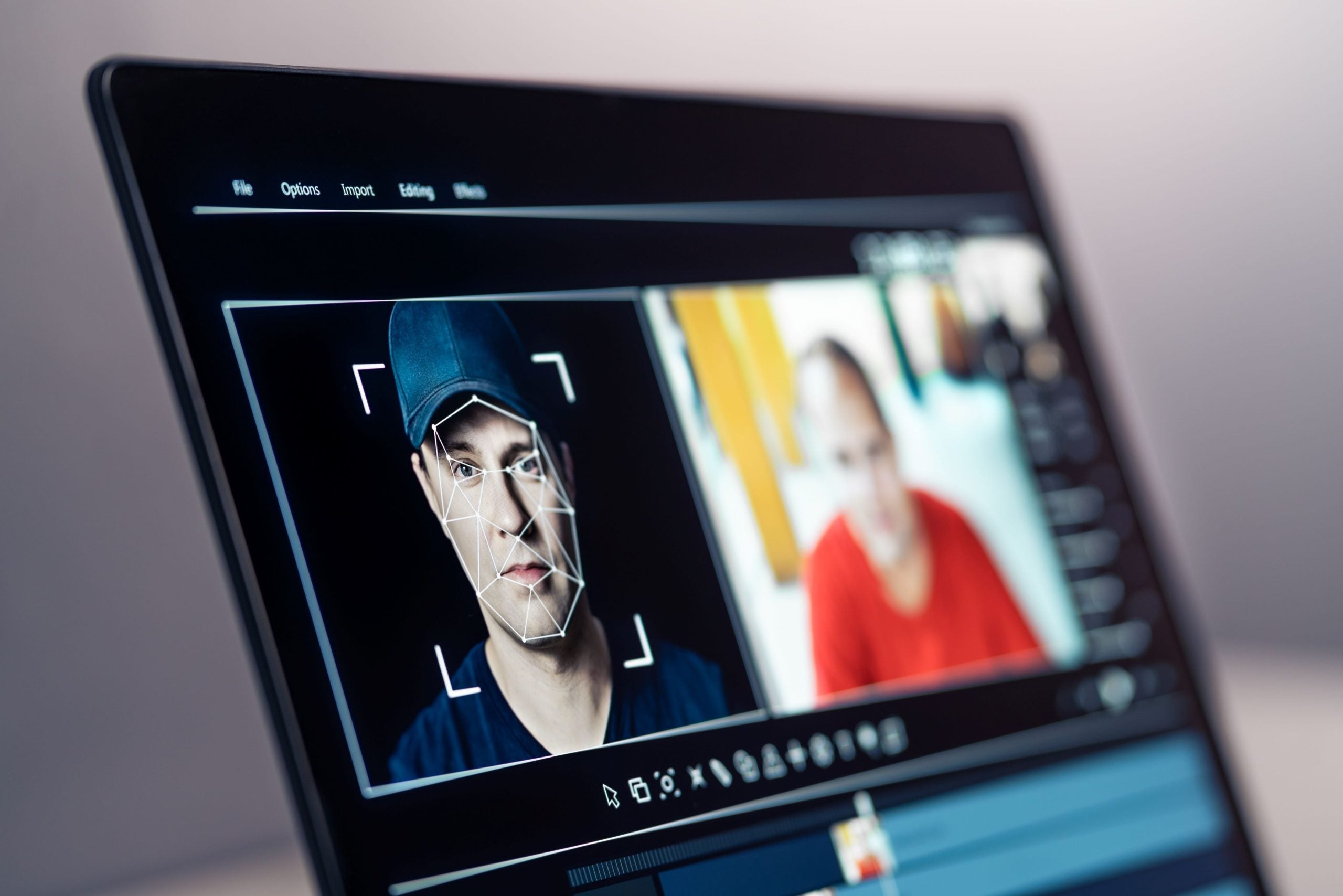
More than 300 experts from diverse fields, including technology, artificial intelligence, digital ethics, child safety, entertainment, and academia, have released an open letter urging immediate action from government leaders to combat the escalating threat posed by deepfake content.
The call comes in the wake of a surge in harmful deepfakes involving sexual imagery, fraud, and political disinformation.
Prominent figures endorsing the letter include US politician and lobbyist Andrew Yang, MIT lab computer scientist Joy Buolamwini, British computer scientist Stuart Russell and psycholinguist Steven Pinker.
The letter entitled “Disrupting the Deepfake Supply Chain” highlights the inadequacy of current laws in addressing deepfake production and dissemination. It supports ongoing legislative efforts and provides key recommendations to hold the entire deepfake supply chain accountable.
Key recommendations include the full criminalisation of deepfake child pornography, irrespective of the depiction involving fictional children. The letter advocates for criminal penalties against individuals involved in creating or spreading harmful deepfakes knowingly.

Access deeper industry intelligence
Experience unmatched clarity with a single platform that combines unique data, AI, and human expertise.
The letter proposes measures to make software developers and distributors liable for preventing their products from generating harmful deepfakes.
Andrew Critch, AI Researcher at UC Berkeley and lead author of the letter, emphasised the urgent need for action: “Deepfakes are a huge threat to human society and are already causing growing harm to individuals, communities, and the functioning of democracy. We need immediate action to combat the proliferation of deepfakes.”
Dr Joy Buolamwini, founder of the Algorithmic Justice League, underscores the importance of biometric rights, stating: “The need for biometric rights becomes ever more apparent as we see how easily your likeness can be taken and transformed for nefarious uses.”
Collaborating organisations, including the Machine Intelligence and Normative Theory Lab, the Center for AI Safety, and OpenLetter.net, all supported the letter.
The letter advocates for collaboration among device manufacturers, software developers, and media companies to popularise content authentication methods, such as tamper-proof digital seals using cryptographic signature techniques.
From 2019 to 2023, deepfake creation increased by 400%, with 98% of deepfake videos being pornographic, predominantly targeting women. Recent bipartisan efforts by UK politicians also emphasise the urgency of addressing deepfake threats.
Earlier this month, the EU launched a public consultation on draft election security mitigations in the hopes of tackling risks associated with generative AI and deepfakes. The guidelines specifically target larger online platforms including Facebook, Google, TikTok and X.
The US Federal Trade Commission also unveiled plans, last week (16 Feb), to impose penalties on companies whose technology is knowingly or potentially being exploited for deepfake impersonation.
The regulatory body is currently soliciting public feedback on a proposed rule that would hold companies accountable if they have reason to believe that their technology is being utilised for deceptive practices against consumers.

US Tariffs are shifting - will you react or anticipate?
Don’t let policy changes catch you off guard. Stay proactive with real-time data and expert analysis.
By GlobalData






